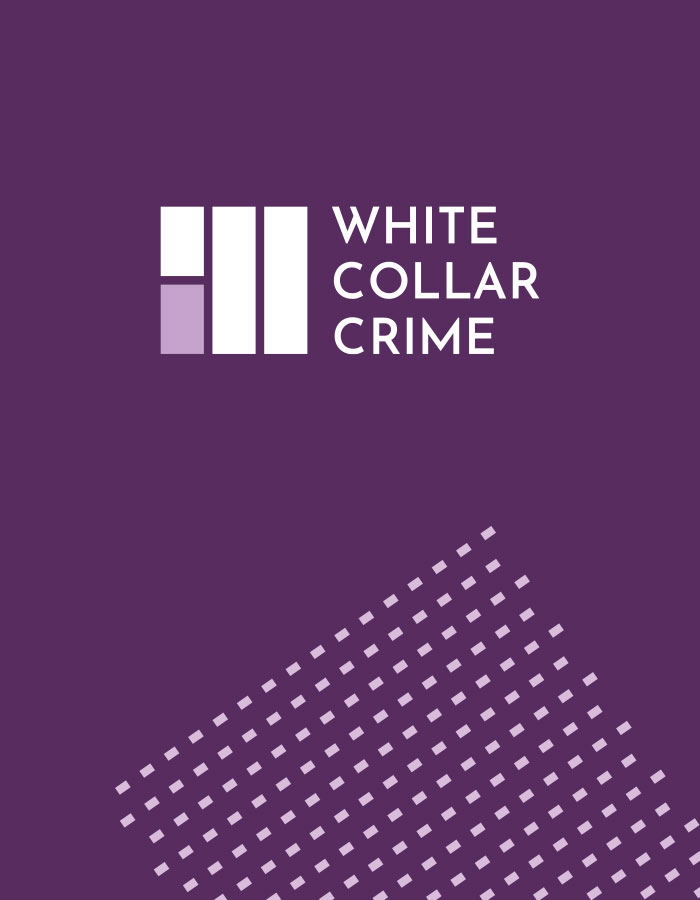Speed read: In R v Godir [2018] EWCA Crim 2294 the Court of Appeal held that recklessness was insufficient to convict the defendant of two criminal offences. However, tax practitioners should not take too much comfort from the decision as wilful blindness “can equate to knowledge in some circumstances”, and the line between recklessness and wilful blindness is a thin one. This has implications for the new corporate facilitation offences, as well as other serious tax offences.
The decision
Mr Godir was convicted of being knowingly concerned in a fraudulent activity undertaken with a view to obtaining payment of tax credits (section 35 Tax Credit Act 2002) and being knowingly concerned in the fraudulent evasion of income tax (section 106A Taxes Management Act 1970). However, since the mental ingredient for both offences was being ‘knowingly concerned’ with the offending conduct, the Court of Appeal quashed the conviction, holding that the Recorder misdirected the jury by telling them that it could find Mr Godir guilty if he had under-declared his income “knowingly, or recklessly, not caring whether it was accurate or not”. As the Court of Appeal explained,
“[k]nowingly connotes something more than mere recklessness. In simple terms, one can be said to know something if one is absolutely sure that it is so. Being reckless, on the other hand means, merely taking unjustified risks”.
In short, the Recorder had expressed the mental ingredient too low.
The decision in R v Godir does not come as a surprise. The offences with which Mr Godir was charged were designed to deter serious misconduct and the mental element was clearly expressed. In terms of policy, it is clearly right to target those persons who knowingly seek to abuse the system.
A similarly high bar is set in respect of other serious tax offences. To be guilty of evading value added tax under section 72(1) of the Value Added Tax Act 1994, the defendant must have been “knowingly concerned in, or in the taking of steps with a view to, the fraudulent evasion of VAT”. The common law offence of cheating the public revenue goes further and requires “fraudulent conduct. That is to say, deliberate conduct by the defendant to prejudice, or take the risk of prejudicing, the revenue’s right to the tax in question knowing that it has no right to do so” (as confirmed by Stuart-Smith LJ in R v Hunt [1994] STC 819).
Wilful blindness
Whilst recklessness is not sufficient, the state of mind known as ‘wilful blindness’ has long been relied upon in criminal cases.
Often, wilful blindness is used to impute actual knowledge. A jury can base a finding of actual knowledge on evidence that the defendant had a suspicion but “shut his eyes to the obvious or refrained from inquiry because he suspected the truth but did not want to have his suspicion confirmed” (see Westminster City Council v Croyalgrange Ltd 83 Cr. App. R. 155, per Lord Bridge). There is also some suggestion that knowledge ‘includes’ wilful blindness, albeit this must be treated with caution (Archbold, Criminal Pleading, Evidence and Practice (2018) paragraph 17-49). The first approach offers the defendant an element of protection, as a jury when faced with evidence of wilful blindness may be less willing to take the next step of finding actual knowledge.
In the tax context, one example could be where a taxpayer suspects that his or her tax return includes falsely inflated losses but deliberately refrains from checking the figures. This has already been held to constitute wilful blindness sufficient to amount to ‘deliberate’ conduct for the purposes of civil tax penalties (see Cannon v Revenue and Customs [2017] UKFTT 0859 (TC)). The offence of cheating the public revenue can be committed, it will be remembered, by deliberate omission (R v Mavji [1987] 1 WLR 1388) or, for example, by failing to notify HMRC of profits accumulated in overseas companies (R v Charlton [1996] STC 1418).
Similar issues arise in the context of the new corporate offences of failure to prevent facilitation of tax evasion. The first of these offences requires a company employee/agent/service-provider to be “knowingly concerned in, or taking steps with a view to, the fraudulent evasion of tax by another person” (section 45(5) Criminal Finances Act 2017). Negligent or inadvertent facilitation of tax evasion is not enough, but if a company employee deliberately closed his eyes to obvious tax evasion, or deliberately failed to ask relevant questions, actual knowledge could arguably be imputed in the usual way.
Final thoughts
The interesting question, in light of the decision in R v Godir, is where the line falls between wilful blindness and recklessness. Although wilful blindness requires a higher level of mental awareness than recklessness, the difference in practice between these two concepts is not always easy to discern. Indeed, there may even be an overlap in some cases. At the very highest, the line between recklessly not caring about the risk of tax evasion, and wilfully turning a blind eye to it, is a thin one.
Accordingly, the degree of comfort to be taken from the decision in R v Godir is limited. It provides a timely reminder that the taxpayer (or non-taxpayer, as the case may be) cannot protect himself by burying his head in the sand.







